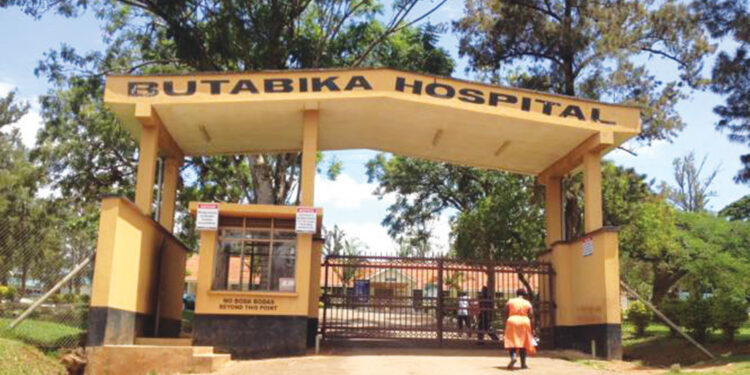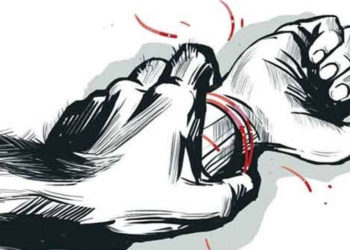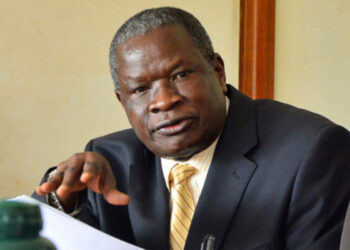The Public Accounts Committee (PAC) has informed Parliament of severe drug shortages at key health facilities, highlighting a worrying trend in Uganda’s public health sector.
The Uganda Heart Institute (UHI) operated for more than 1,200 days without access to essential medicines for treating heart conditions. Similarly, Butabika Mental Hospital recorded drug stockouts lasting up to 372 days. These alarming revelations were based on findings by the Auditor General.
The audit uncovered that numerous health facilities across the country experienced critical shortages of essential medicines and medical supplies. These included life-saving drugs such as Losartan-H tablets, Amlodipine for hypertension, Digoxine injections for heart failure, and Artesunate injections for treating malaria. Basic medical supplies such as surgical gloves, cannulas, blood transfusion sets, and other vital equipment were also missing.
The shortages extended to pain relievers like Oral Morphine and specialized treatments like Medroxyprogesterone Acetate and Aciclovir cream.
“Butabika had stock-outs lasting from 64 to 372 days, Lira Regional Referral Hospital experienced shortages ranging from 4 to 69 days, Arua Regional Referral Hospital faced 28 to 182 days without essential medicines, while the Uganda Heart Institute suffered the most, going without Digoxine for heart failure for 1,210 days. Artesunate injections for malaria were unavailable for 440 days, and Oral Morphine was missing for 174 days,” detailed Muwanga Kivumbi, Chairperson of the PAC.
The root causes of these shortages were attributed to multiple systemic failures. Hospital managers cited delayed deliveries by the National Medical Stores (NMS), an overwhelming number of patients, and a significant mismatch between the supply provided by NMS and the actual demand. Moreover, authorities, including the Ministry of Health and NMS, failed to respond to repeated communications from hospital accounting officers about these drug shortages.
Inadequate budget allocations were also a major factor, with some hospitals receiving a fraction of their required funding for medicines. For example, Moroto Hospital requested Shs1.28 billion for medicines but was allocated only Shs86 million, while Fort Portal Regional Referral Hospital received Shs1.3 billion to cover medicines for an entire year.
Kivumbi underscored the dire consequences of drug shortages. “Drug stock-outs not only endanger the lives of patients but also undermine public confidence in the healthcare system. Patients are often forced to seek alternative treatments that are either inappropriate or unaffordable. NMS, having failed to deliver the necessary drugs for over a year in some cases, should be held accountable for its failure.”
The PAC is now calling for the Government to exempt medicine budgets from future budget cuts. Kivumbi emphasized, “The Government must ensure that there is adequate budget allocation and timely release of funds for medicines and medical supplies and that these essential services should never be subject to budget cuts.”
Meanwhile, the report by the PAC is a sobering reminder of the fragility of Uganda’s healthcare system and the urgent need for reforms to prevent further stockouts of vital medicines.
Do you have a story in your community or an opinion to share with us: Email us at editorial@watchdoguganda.com













